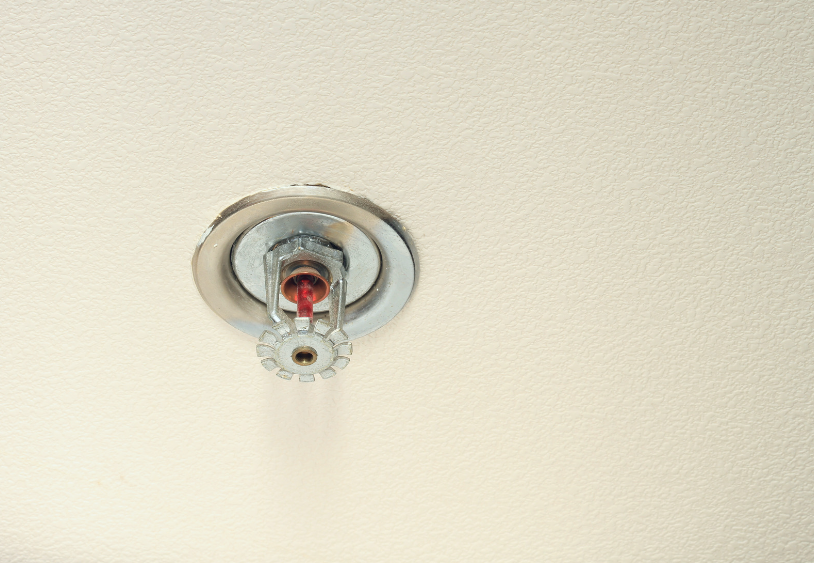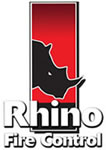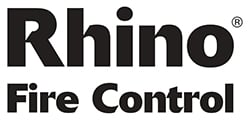
What’s The Difference Between a Fire Suppression and Fire Sprinkler System?
The overriding cause of fires in UK commercial is the misuse of electrical equipment or the malfunction of appliances. As specialist equipment is used extensively throughout most sectors of business and industry, it’s clear that a dangerous fire can never be completely ruled out, so active steps should be taken to minimise the risks of a blaze.
Most people are familiar with the concept of fire sprinkler systems, but fewer understand how these differ from fire suppression systems. Understanding the difference is crucial if you are to choose the most suitable fire protection method for your commercial or industrial property, particularly if your business uses combustible materials or potentially hazardous practices.
Fire Sprinklers
A fire sprinkler system is a series of interconnected sprinklers that release high pressure water in the event that a blaze is detected. Water simultaneously lowers the temperature of a fire and smothers it of oxygen, ending the combustion cycle. This enables a fire to be extinguished or controlled until fire and rescue personnel arrive.
Sprinkler systems are connected to the mains water supply or pumped water storage and are triggered when the glass rod in the sprinkler heads breaks when subjected to high temperatures. The high-pressure water is sprayed in all directions, targeting the area where the flames are concentrated.
Although commonly seen in many buildings, fire sprinkler systems are not suitable for suppressing electrical and chemical fires. Water is highly conductive of electricity, increasing the risk of electrocution, and pouring water on a fat or oil-based fire can actually spread the blaze and make it worse. Even in cases where water is an effective fire suppressant, a sprinkler may cause more damage than is necessary to valuable assets and produce.
Fire Suppression Systems
Unlike sprinkler systems, fire suppression systems do not use water to tackle a blaze. Instead, they discharge a suppression substance, such as foam, carbon dioxide, dry or wet chemicals, or an inert gas agent.
Fire suppression systems release the substance when a fire is detected, for example if excessive heat or smoke occur in a room. The substance may be released as a fine mist which helps to quell the fire by starving it of oxygen. Integration with other fire control measures, such as alarm systems, give occupants of the building ample warning of the fire and allows them to evacuate quickly.
Fire suppression systems are often used in rooms where the risk of a water leak from a sprinkler system could lead to severe damage to equipment (such as in a server room), or in settings where water would be dangerous or ineffective, for example in commercial kitchens or industrial plants that use combustible chemicals.
Need Advice When Choosing a Fire Control System? Contact Rhino Fire Control Today
As a fire suppression system supplier, Rhino Fire Control have extensive knowledge and experience of assessing premises to determine which type of system is most suitable. We have installed fire suppression systems in a range of industrial and commercial properties and can carry out a professional survey to ensure your business is equipped with the best solution.
To find out more, please call our friendly team today on 01278 422705.
Image Source: Canva


